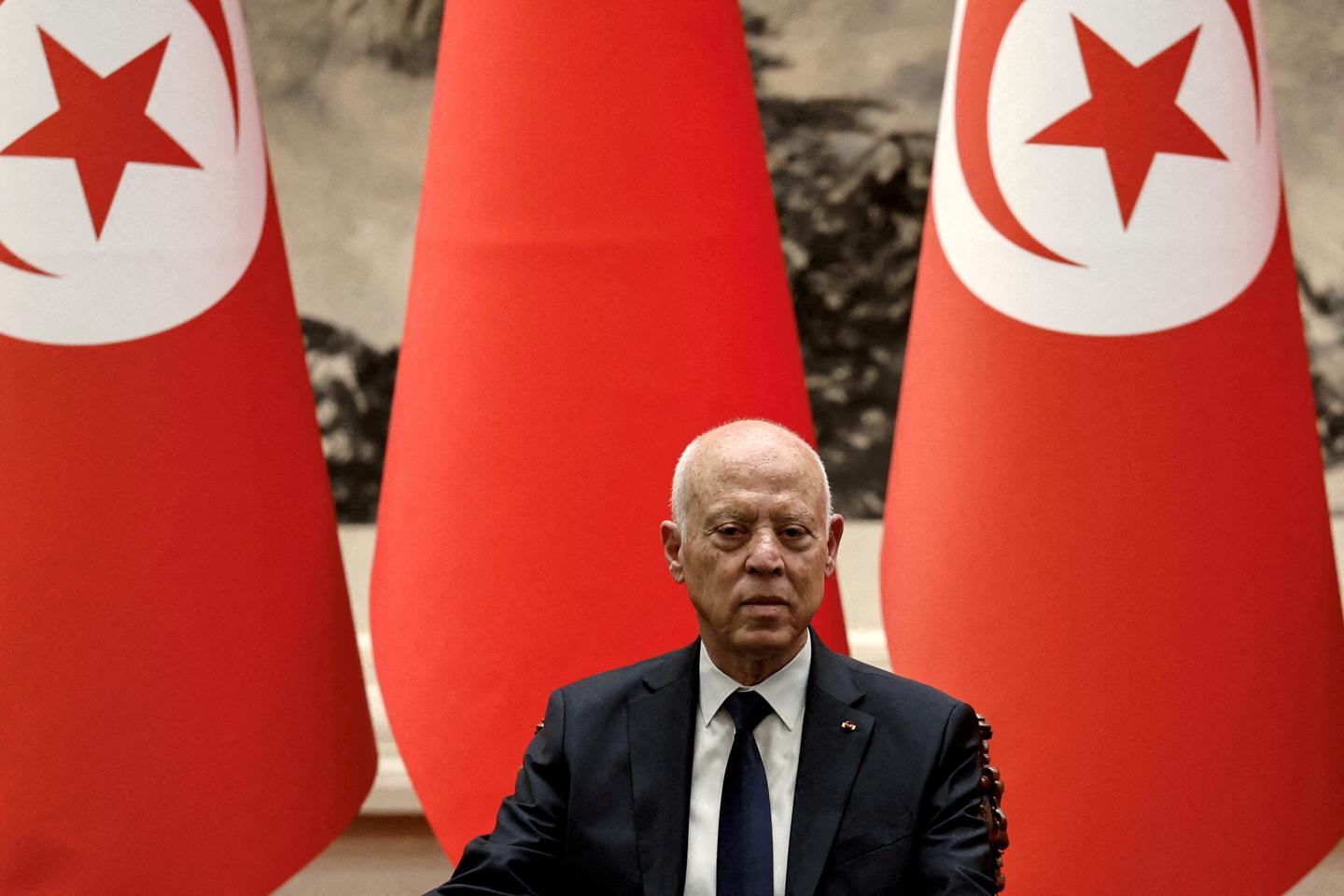


With just a few weeks to go before Tunisia's presidential election, there is increasing concern about a return to dictatorship under the current president, Kais Saied. There have been reports of police repression against political opponents and activists, as well as arbitrary detention of opposition figures such as Jaouhar Ben Mbarek, Issam Chebbi and Abir Moussi, based on unfounded accusations of "plotting" against the state.
Tunisia's journalists, lawyers and members of non-governmental organizations, who were once symbols of the revolutionary spirit of 2011, are today muzzled and threatened by arrests and violent smear campaigns on social media. The situation has led to a return to self-censorship out of fear of harassment and arbitrary detention, silencing all critical voices.
However, the ousting or imprisonment of at least eight contenders for the October 6 presidential election marks a dangerous turning point. The simple act of exercising one's democratic freedoms and participating in the electoral process has become a risky act, punishable by prison sentences.
The adoption of restrictive laws and abusive legal prosecutions have been combined with increased surveillance and regular intimidation to create a climate of fear throughout the country. According to Human Rights Watch, the repression of political opposition is intensifying and the authoritarian drift is annihilating the holding of free and fair elections.
Democratic institutions bypassed
The fear of a violent return to authoritarian rule, similar to that of Zine El-Abidine Ben Ali (1936-2019), is very real. The parallels between the two leaders are increasingly obvious to many Tunisians and international observers. The concentration of power in the hands of the president, repressive measures against the opposition and attacks on freedom of the press all point to a repressive regime and the savagery of a dictatorship.
To assess the gravity of the situation and the comparison with Ben Ali, we need to understand the authoritarian roadmap that Saied has imposed since coming to power in 2019 to consolidate his grip on the country.
After his coup d'état in July 2021, he dissolved Parliament, invoking emergency powers, and ruled by decree, enabling him to bypass democratic institutions.
In 2022, Saied announced the dissolution of the High Council of the Judiciary, a decision widely perceived as an attempt to control the judiciary. In July of the same year, a controversial referendum was held to approve a new Constitution, granting virtually unlimited powers to the president.
You have 52.2% of this article left to read. The rest is for subscribers only.
